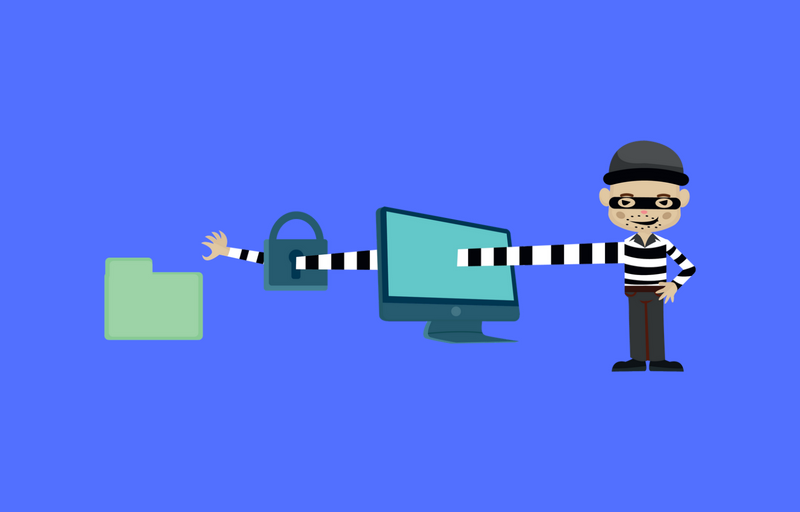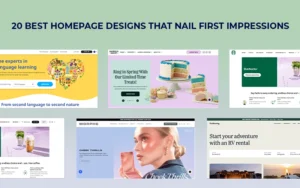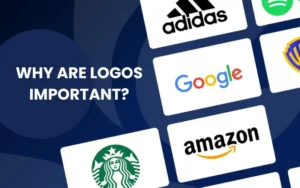This is a very common and valid concern for all kinds of ventures, be it apps, trade secrets, business ideas, or anything else. Patents are the first thing that comes to mind, but this is not a very viable option because of the high cost and time-consuming process of patent filing. It can take years, and cost thousands of dollars, both of which aren’t options for a budding entrepreneur. So then, how can one protect their ideas from getting stolen? Here are some affordable, easy, and quick options on how to protect a business idea.
Table of contents
- How To Protect A Business Idea : Best Ways To Protect Your Business Ideas From Getting Stolen
- Copyright It
- Check Out Provisional Patents
- Consider Trademarking
- How To Protect A Business Idea With Non-disclosure Agreement
- Non-compete Agreement
- Work-for-hire Agreement
- How To Protect A Business Idea With Safety Vaults
- Background Checks
- Be Discreet
- How To Protect A Business Idea By Documenting Everything!
- Parting Thoughts
How To Protect A Business Idea : Best Ways To Protect Your Business Ideas From Getting Stolen
Copyright It
Any idea can be copyrighted, especially if it is still in the nascent or developing stages. For instance, you have an idea for building an app for budding novelists! A novelist friend of yours loves the concept, and suddenly has an idea for a new book. How do you both protect business idea before you start working on them so that no one can sneak them off from right under your noses? Copyright a business idea!
Carve a niche for yourself by exploring these lucrative web design business ideas.
Check Out Provisional Patents
Instead of applying for an actual patent, you can opt for a provisional patent. It is cheaper and you can get it quickly. The only thing to remember is that it lasts only for 12 months and you cannot renew it. You’ll need to apply for a new one all over again.
Consider Trademarking
A trademark serves as extra protection for all aspects related to your idea/product. This includes logos, icons, any interesting names/concepts/graphics that you may create for your idea. This helps protect all the smaller elements that will make your product unique. A product’s name, colors, icons, and graphics become its identifiable elements. To prevent your competitors from taking ‘inspiration’ from these, get them trademarked as and when they are created.
Also read: Efficient & Free Web Application Security Testing Tools
How To Protect A Business Idea With Non-disclosure Agreement
Commonly known as an NDA, this is an agreement that serves to protect your idea by preventing those who sign it from divulging any details outside. You should get an attorney’s help to draw up a comprehensive NDA that protects your interests; get it signed by whoever you will be working with. An NDA can be mutual or one-sided.
Non-compete Agreement
This agreement prevents the signee from starting a business that will compete with yours, or threaten your business presence, within a particular geographical area. When people work with others on an idea, the inspiration to do something similar is a common occurrence. An NCA ensures that the said person does not set up a competitive business in the same area as yours.
Also read: Why Should You Choose WordPress To Kickstart Your Online Delivery Business?
Work-for-hire Agreement
This agreement is for those whom you may hire to improve or refine your idea. The agreement states that any changes made by this hired person are yours, and they do not own any rights to your invention or the refinements they make. You have to give them credit as a co-inventor if you file a patent, but that’s about as far as their association with your idea will go.
How To Protect A Business Idea With Safety Vaults
This may sound a bit extreme to some but is actually a safe solution to protect any important papers or documents that contain sensitive information, like trade secrets. Find out services that offer safety vaults for storing your documentation. Or if your wardrobe comes equipped with secret vaults or a locker, consider using those. It’s important to never let papers lie around in public view.
Background Checks
Before deciding to work with someone, consider doing a background check to verify their professional repute and overall opinion about them outside. Look up the internet to see what kind of response or reviews they have received. Does their business page/social media page seem legit or are you having a weird gut feeling about it? Also, talk to people they have done business with in the past for some direct professional recommendations.
Also read: From Prototype to Profit: How to Turn Your Ideas into Products
Be Discreet
It’s human nature to be proud of a kick-ass idea and then go about telling it to your friends or peers. But be careful. Trusting anyone and everyone with that kind of information isn’t a good idea. Be discreet about whom you tell, and what you tell. Don’t reveal inside information or trade secrets to anyone. Period. Discretion is the way to go until your product is ready for launch in the market.
How To Protect A Business Idea By Documenting Everything!
It is good practice to keep a written record of every idea and every creation of yours. Keep a diary for this purpose, and record the date and time of the entry as well. Write down information that will prove that it is indeed your idea and that it came to you first; imagine all scenarios and document your ideas in such a way that you are never at risk, even if they are stolen.
Also read: A Guide To Understand The Importance Of Being GDPR Compliant
Parting Thoughts
Along with protecting your ideas, it is equally important to make sure you validate product/business ideas to save your time and money. Protecting your business ideas is the best way to ensure that no one copies them or releases a similar product in the market before you. It also ensures that your competitors are not tempted to take any inspiration from your ideas to benefit their business. Always be protected; take complete care to have all documentation in place. Be discreet and thorough when getting anyone new on board. Make sure you consider these ways to protect business ideas.
Like this post? Check out more amazing web design content here.





